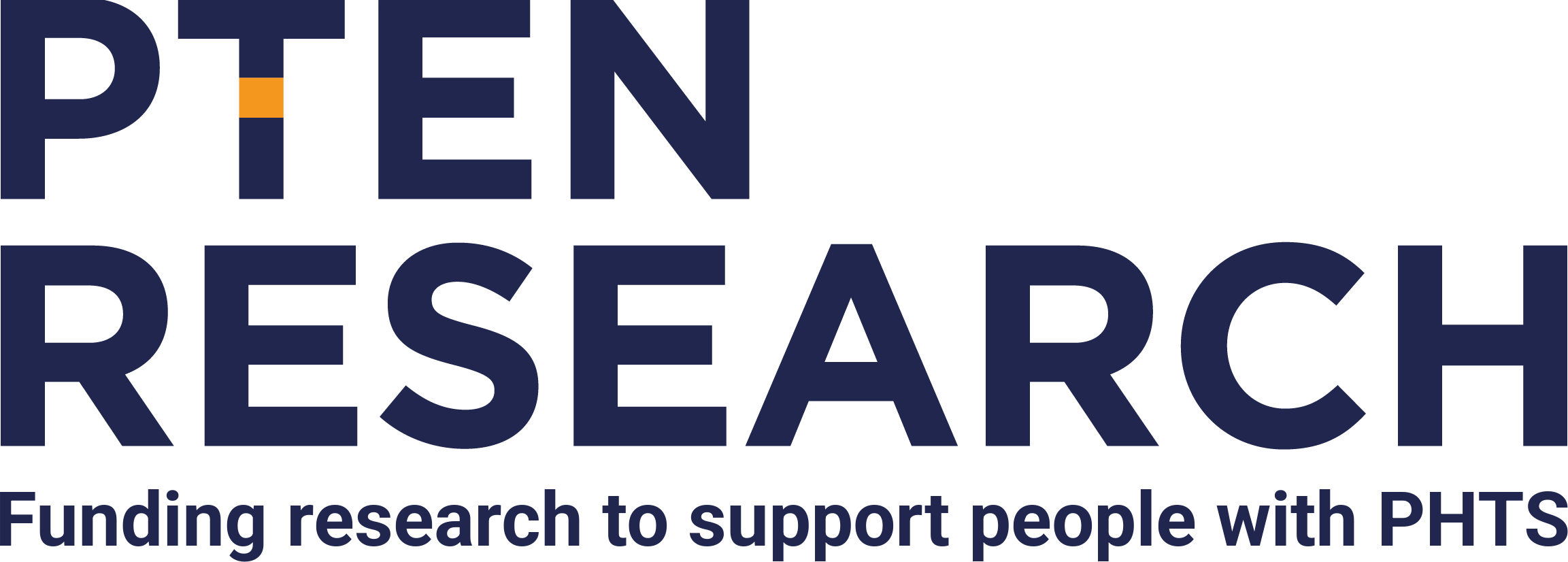PHTS patient identification tools
Typically, PHTS diagnosis relies on genetic testing following referral by a medical professional. Due to the variable penetrance and manifestations of PHTS symptoms, its relatively low prevalence, and overlap of the presentation with more common conditions, patients may experience an extended diagnostic odyssey. Ensuring an early diagnosis of PHTS is crucial as it enables access to cancer surveillance, which is associated with improved outcomes. Below, we have collected tools designed to support identification of individuals who may have phenotypic features suggestive of PHTS.
Led by Dr Paul Avillach (Harvard Medical School), this study created and validated the first computational phenotype for identifying paediatric individuals eligible for genetic PTEN testing. By interrogating electronic medical records for ICD billing codes associated with PHTS, the computational phenotype identified individuals who satisfy Cleveland Clinic criteria for PTEN genetic testing with similar fidelity to an expert clinician.
Availability of data and materials:
The datasets used in this study are stored in the clinical data warehouses at the three centres: Boston Children’s Hospital, Children’s National Hospital, and the University of Washington. Because of patient privacy concerns, this data is not available to the general public. Requests for this data will need to be formally submitted to the Information Technology teams at these centres, and IRB clearances from the appropriate organizations will be needed as well. The code developed for this paper is available on GitHub. The ICD-9 and ICD-10 codes corresponding to the Cleveland Clinic criteria, which were used for searching the clinical data warehouses at Boston Children’s Hospital, Children’s National Hospital, and the University of Washington are listed in Table S1 of the below publication.
